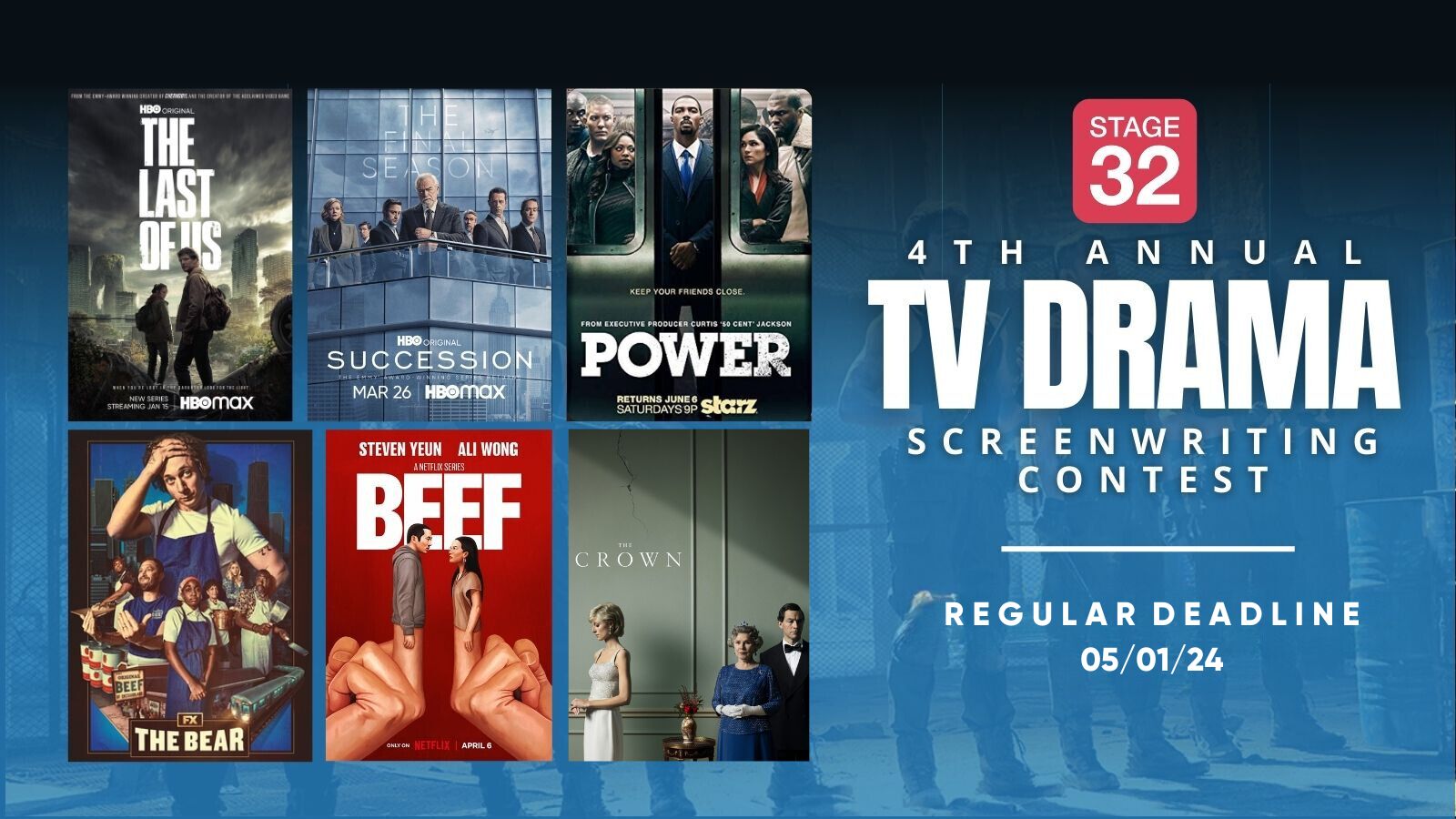Hey, guys.
Title speaks for itself - at what point do you consider killing off a character in your story, whether they are a supporting player or major protagonist/antagonist? Me, personally, I like to kill off characters if they have served their purpose and/or if their deaths will give the other protagonists/antagonists meaning and direction... or if their deaths are organic and inevitable as part of the direction the story is taking, or part of their personality (movies like "To Live and Die in LA" and "Heat" are prime examples of these principles in action, sometimes multiple ones simultaneously).
S. P.



I write a lot of lite/comedic/paranormal scripts so some of my best (most loved) characters are already dead.
1 person likes this
I kill more people than the black plague. I like to kill people once I know the reader has developer an emotional attachment.
3 people like this
Best advice I ever heard was "Don't be afraid to hurt your characters." I remember seeing more than a few productions where it was obvious that none of the characters were going to get hurt and all the tension and suspense completely vanished. It was just waiting for it to end.
Sometimes they have to die. Sometimes they need to go to advance a story or other characters. I killed off a character in one of my books and broke down and cried it was so sad. That's when your story really takes on a life of it's own.
Killing a character is always a good way to rise the stakes or get the main character to the "all is lost" place. :)
2 people like this
Sometimes it can feel a little too convenient if all the main characters survive relatively unscathed compared to everyone else around them. Killing off someone important/ most able to influence a situation is a good way to make a bad situation worse, deal a devastating emotional blow to the characters and increase the peril by showing the audience that no one is safe.
1 person likes this
By the way, if you do that to add drama to your story, create a certain suspense, show the viewer that there is danger, and that you mean business, it would be preferable if the character you kill is important and not just some random minor character. A character that the viewer got attached to. I suppose you probably know that, but it's always a good thing to remember.
worked for Scream. At the time of the movie release, Drew Barrymore was a popular actress and her Scream character was killed in the first scene.
I agree with Ewan, but offer a slightly different opinion - the character doesn't have to die, but maybe a part of them has to. This could be as simple as someone they love dying or that they have to choose a career path they never wanted. Going deeper, it could be losing a part of themselves, such as testing something they love or trust and ultimately losing that. Not a direct answer, but maybe something to think about in terms of rationalising a substantial change in motives/plot.
2 people like this
At a story level, it's as simple as them having served their purpose and their death bringing about some sort of truth or resolution.
At a production level, it's something I'm wary of. Sequel potential is a thing and some actors may not want to sign on knowing the character gets killed off. When I once met a lead and shared a car ride with them, the first thing that came out of their mouth was "So, my character doesn't really die in this, right?". This all said, The Fast & Furious franchise has proven how much a keen audience is willing to suspend disbelief for the sake of bringing a loved character back into the universe. Therefore, I tend to prefer a gunshot to the chest than a beheading.